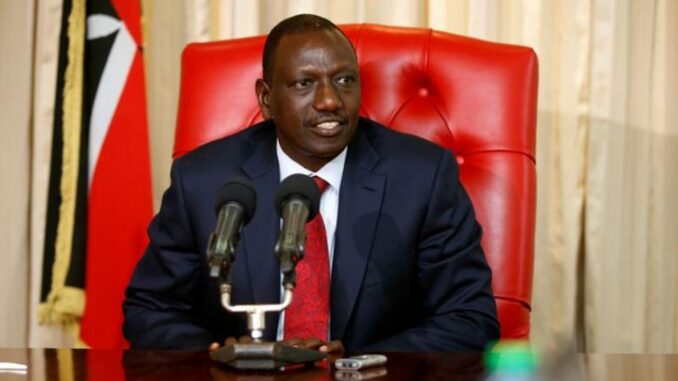
Amid rising tensions in Kenya, President William Ruto has signaled a willingness to engage with young protesters opposing recent tax increases. The demonstrations, which began peacefully but saw some violent confrontations, have highlighted growing discontent with the government’s economic policies.
Ruto praised the protesters’ largely peaceful approach and expressed readiness for dialogue. However, protest leaders demand a public response to their concerns, maintaining pressure with plans for a national strike.
The protests, organized via social media and live-streamed by tech-savvy youths, caught the administration off-guard. They reflect mounting frustration over broken campaign promises to reduce taxes and the cost of living.
While the government has conceded to some tax hikes, including those on bread and mobile services, it now faces a significant budget shortfall. Proposed alternatives, such as increased fuel prices and export taxes, have drawn further criticism for potentially exacerbating economic hardships.
Kenya’s economic woes, including high inflation and a depreciating currency, have left Ruto with limited options to address the country’s substantial debt. The situation is particularly dire for young Kenyans struggling with unemployment and rising living costs.
As tensions simmer, Ruto’s administration faces the challenge of balancing fiscal responsibility with the pressing needs of its citizens, particularly the youth who are demanding tangible solutions to their economic struggles.
